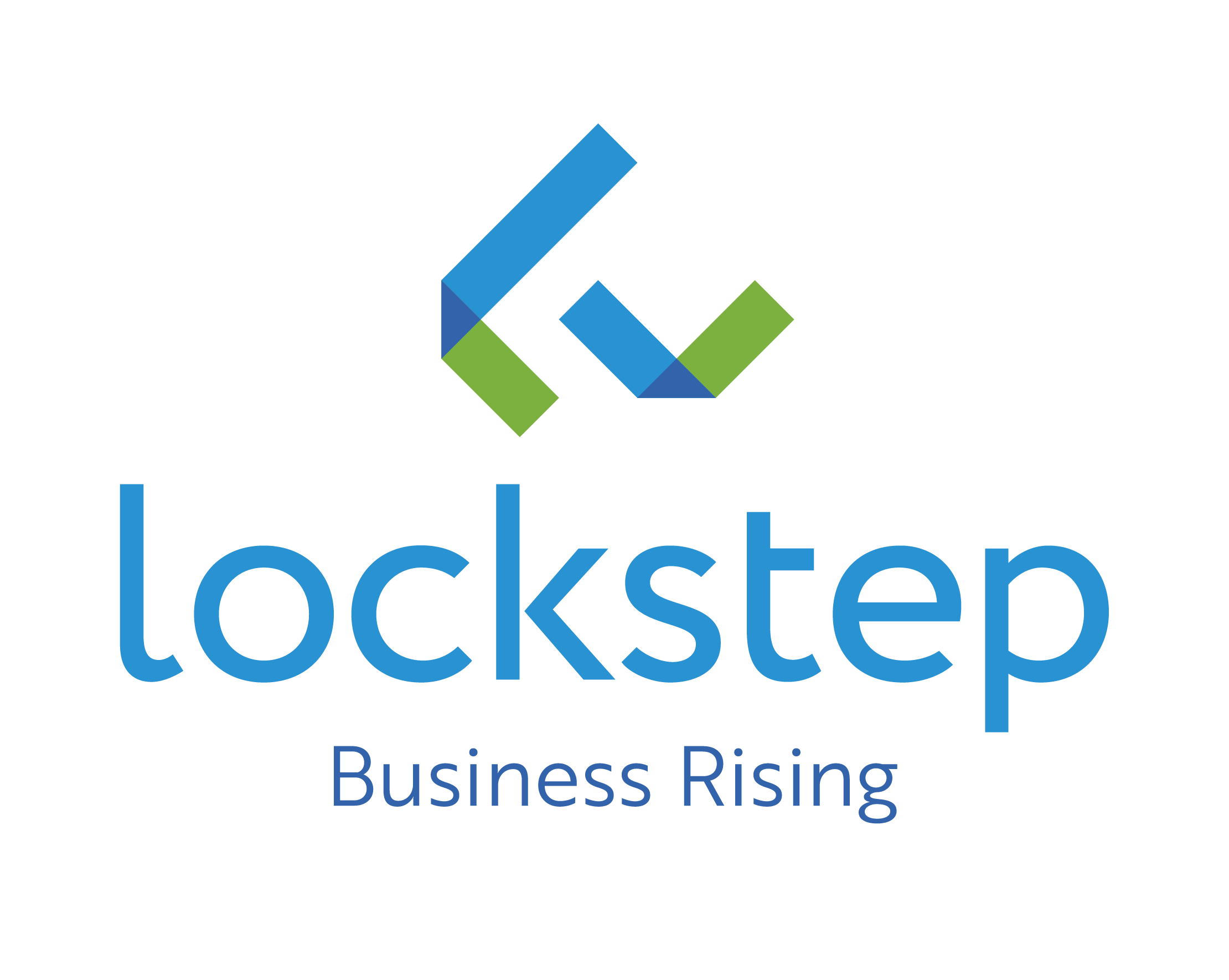‘Viable’ is a powerful word because of its unflinching nature.
A course of action that will succeed, or not.
When I work with businesses or CEOs, I try to draw a line between where a business is currently (A), and where it wants to be down the line (B). And then to ponder the link between A and B and test for whether that path can work.
A few patterns that I’ve noticed:
- There is too much positivity bias in play
- Assumptions are generally under-interrogated
- The path is assumed to be linear but it never is
- CEOs know of this unviability but tend to ignore it
In my experience, 75% of a business’ assumed pathways are unviable.
It’s not that they can’t be viable (there are an infinite number of approaches to getting a business to succeed) but because the above patterns play out, businesses end up with a hit-and-hope approach.
I understand the CEO’s need to convince themselves of their business’ viability, sometimes which involves avoiding truths. Equally, I understand that the CEO has more than enough to do without having to contemplate these existential questions.
My point is this: Is there any question more important than considering your business’ viability?
I would argue not. This is the central responsibility of a CEO.
Furthermore, I would argue that the work a CEO does within a business is infinitely more effective, more enjoyable, and more vital with a viable business path in front of them.
I work with CEO’s to form a ‘Success Hypothesis’ that is a very effective way to defeat the damaging patterns I outlined above and to get to viability. If you feel like the viability of your business is in question, reach out – I’d be happy to kick the tires.
rowan@lockstep.global

